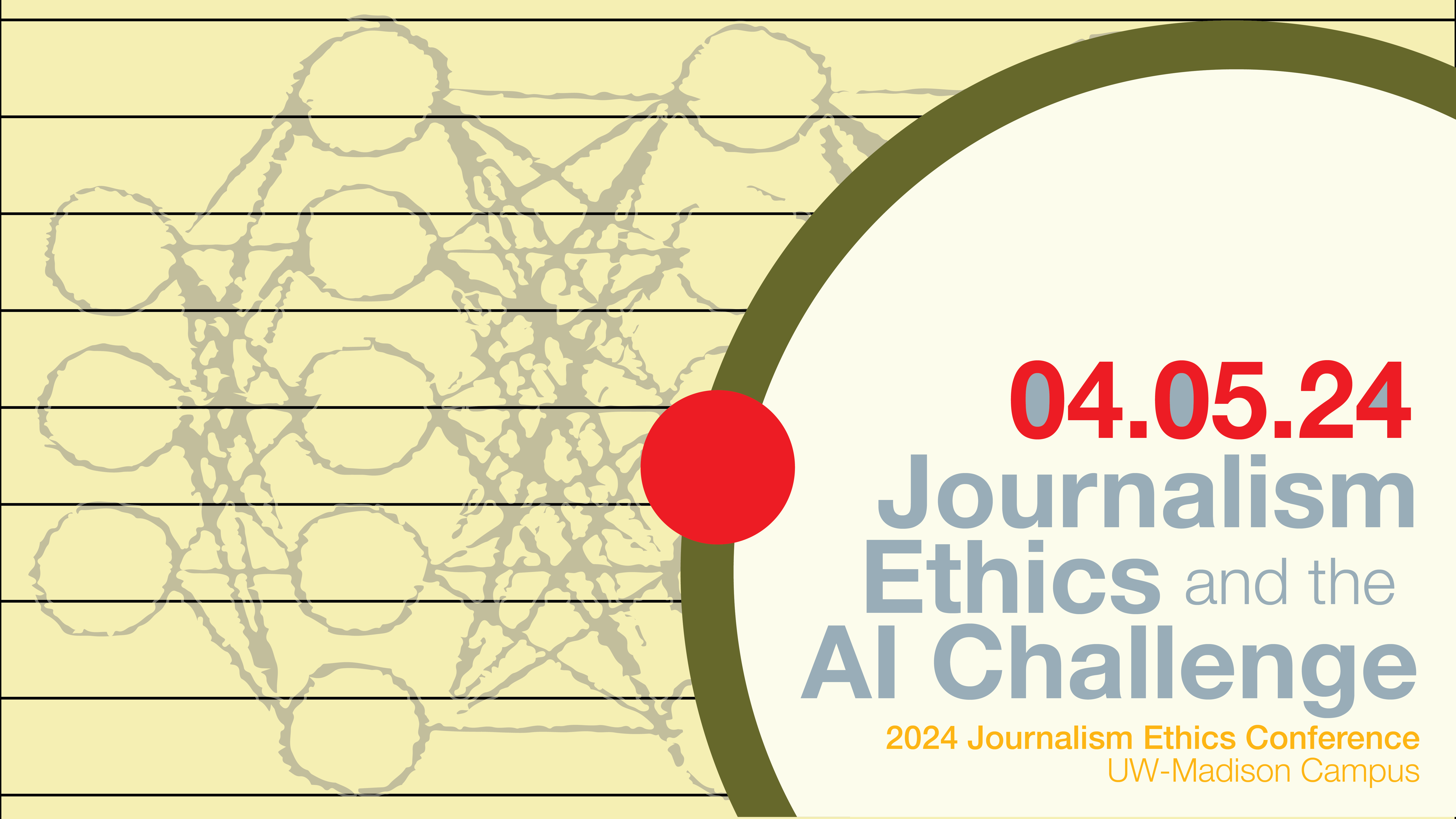Australian Science Magazine Slammed Over AI-generated Articles
One of Australia's leading science magazines, Cosmos, faced criticism for publishing AI-generated articles that were deemed inaccurate or oversimplified. The magazine, backed by Australia's national science agency, utilized Open AI's GPT-4 to create six articles in the previous month.

The Science Journalists Association of Australia raised concerns about the use of artificial intelligence in producing content for Cosmos. Association president Jackson Ryan highlighted inaccuracies in the AI-generated articles, such as the misleading descriptions of scientific processes.
In one instance, the article titled 'What happens to our bodies after death?' stated that rigor mortis sets in 3 to 4 hours after death, a claim disputed by scientific research. Another example was the oversimplified description of autolysis as "self-breaking," which experts criticized as an inadequate explanation of the process.
Cosmos faced additional backlash for using a journalism grant to enhance its artificial intelligence capabilities, raising questions about the potential displacement of human journalists in the process. Former editors Gail MacCallum and Ian Connellan expressed reservations about the use of AI to generate articles, citing concerns over accuracy and editorial oversight.

Criticism and Controversy
The inaccuracies in the AI-generated content were pointed out to potentially erode the trust and credibility of the publication among its audience. While a spokesperson for the national science agency mentioned that the AI content underwent fact-checking and editing by a trained science communicator and the Cosmos publishing team, concerns about the overall impact persisted.
The debate around AI in journalism has intensified globally, with prominent publications like The New York Times taking legal action against AI developers for allegedly using their content without permission. The evolving landscape of AI technology in content creation has sparked debates on ethics, accountability, and the future of traditional journalism.
As publishers and platforms navigate the implications of AI-generated content, the need for transparency, rigorous oversight, and ethical considerations remains paramount in ensuring the integrity of journalistic practices.
AFP










